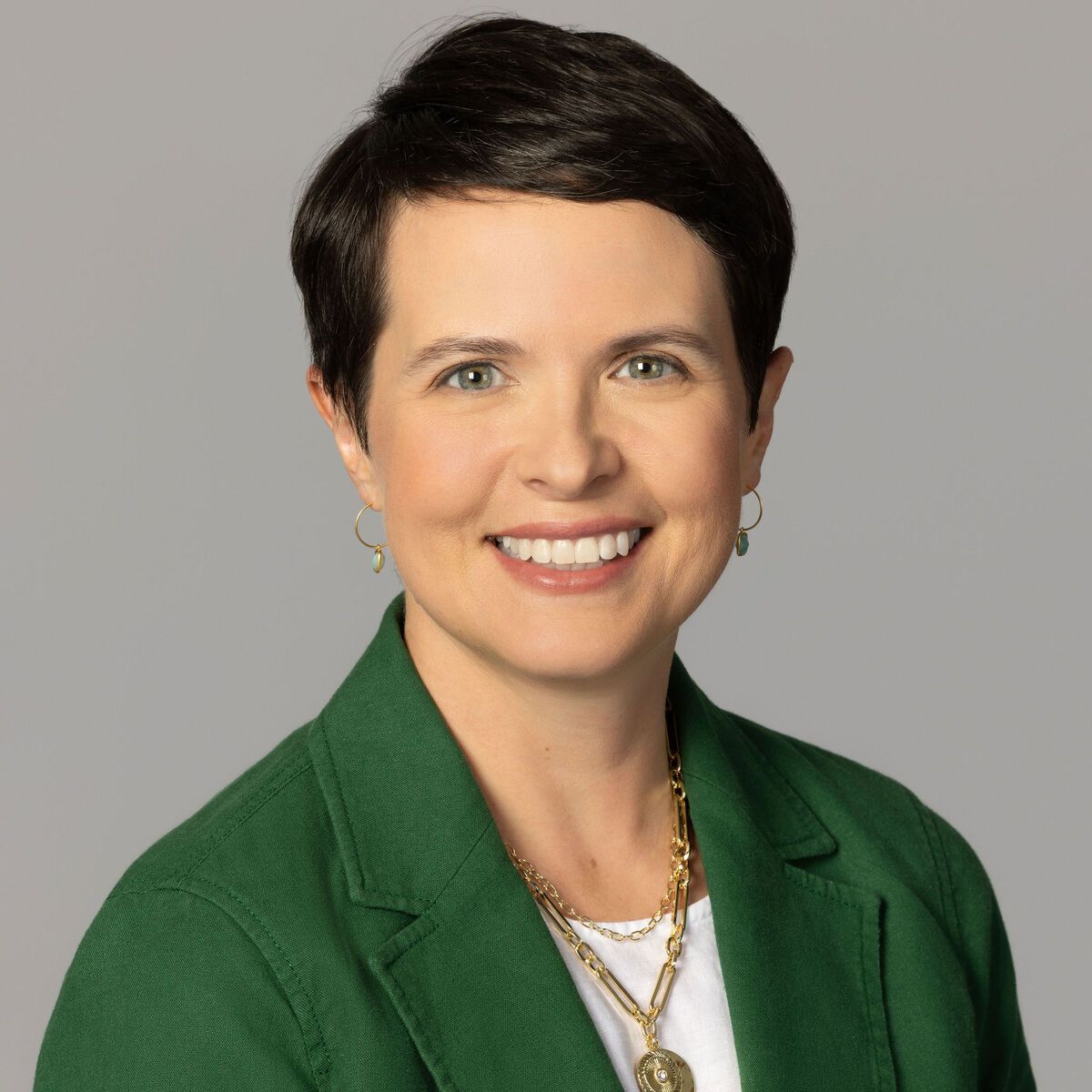As talk grows about a possible end to the government shutdown, many are asking what comes next. Headlines are full of shifting priorities and reorganizations and pressure is rising for resolution. Before you let that noise drive your decisions, let us separate the “climate” from the “weather” and focus on what is actionable for you right now.
Recent announcements highlight six national research and development priorities, including artificial intelligence, quantum, semiconductors, and advanced communication networks. The National Science Foundation may be reorganized: directorates may remain, but divisions could be replaced by clusters, and some programs may receive tens or even hundreds of millions of dollars more than before.
It is natural as a principal investigator to pay attention to these signals. You should. However, their short-term impact on your funding strategy is likely limited. This information is most valuable to institutional leaders engaged in strategic planning and capacity building. They operate from the top down—reading high-level numbers, aligning resources, hiring strategically, and investing in infrastructure to meet anticipated priorities. Artificial intelligence, for example, will likely remain a priority under any administration.
At Wise Investigator, we focus on the investigator—singular by design. We take a bottom-up, grassroots approach. Your institution’s government relations and policy experts will curate the top-down context and pass it along, which is useful. But your day-to-day actions should be driven by what affects your specific programs and opportunities.
Think of the system-level shifts as climate and your program landscape as weather. Keep an eye on the climate, but do not let it pull you off course this month or even this year. Research programs do not turn on a dime; steering the ship takes time.
Knock on doors (mostly by email now, and after the government reopens). Initiate conversations with program officers and peers who are close to the work;
Track your programs directly. Identify which solicitations, review timelines and program shifts actually touch your research;
Skim, do not drown. Read what your Research Office sends and scan headlines for items that are specifically relevant to you; and
Save the rest for later. High-level intelligence becomes crucial for center-level proposals, but early-career faculty will have limited involvement there.
When agencies reorganize, the people remain largely the same. Even if priorities are reassigned, expertise and vocabulary do not change overnight. Given limited recent civil service hiring, along with reductions in force and early retirements, many of the same professionals remain in place. From a ground-up perspective, that continuity helps you: these are the people who know the weather today.
Stay aware of the climate, but manage to the weather. If you are early in your career, let institutional experts digest the top-down trends for you. Focus your time on relationships, program insight, and the near-term opportunities that you can actually act on.
Plans are worthless, but planning is everything.
Important mindset shifts for new assistant professors
Are you a new assistant professor (or soon to be) navigating the shift from solo contributor to research leader? In the second video of my 7-part series, I cover how to turn a “great idea” into a fundable one by reverse-engineering successful proposals, aligning your concept with funder priorities (mission fit, recent awards, program officer intel), and iterating drafts with feedback from both subject-matter experts and non-experts.
When you are ready, here’s how we can help
Need to get your research funded, this year? Check out our 12-week program to get you there.
Check out our storefront where you can access our free Unlocking DOD Funding for University Researchers course and other resources, including for faculty applicants.
Ready to book a call to discuss how our program can support faculty at your institution? Let’s chat!

